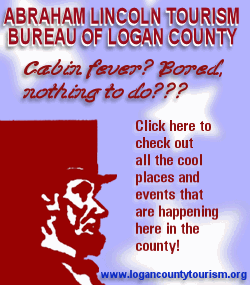
 Send a link to a friend
Send a link to a friend"The
little-known stories behind well-known inventions"
Inventor turned rod wax
into a household name
By Paul Niemann
[NOV. 3,
2005]
A British inventor -- we'll call
him Robert since that is his real name -- is synonymous with a
product that nearly everyone in the United States is familiar with.
The product has been popular for almost 150 years. In fact, the
brand name has become generic, just like it happened with Kleenex,
Aspirin and Xerox.
|
|
Robert was born in England
in 1837 and moved to America with his family. He was a chemist and
kerosene salesman who sold oil products derived from whales. At the
age of 22, he visited Pennsylvania to chase an oil gusher, and that
is where his story begins.
He discovered that the workers were using a black, messy
substance known as "rod wax." The rod wax clogged up the drills, and
the workers would scrape it off the equipment and throw it away. He
learned that the rod wax could be used to treat the workers' cuts;
when they used it, their cuts would heal up quicker than before.
Robert went on to invent a procedure for producing this rod wax.
He extracted the material that had the healing properties and began
bottling it and selling it. Like the brand names mentioned above, it
took a while for it to become a household name, but now nearly
everyone uses it once in a while.
Robert's patent was for "treating hydrocarbon oils, etc." but
that doesn't really tell you much, does it?
In addition to healing cuts, the new substance had many other
uses, including treating leather, styling hair and greasing
machinery. It was also used to relieve chest colds and nasal
congestion, soothe chapped hands, and help prevent infection.
[to top of second column
in this article]

 |

The name comes from the German word "wasser," meaning water, and
the Greek word "elaion," meaning oil.
Hmmm. Wasser-elaion?
Please play along by reading aloud. The German letter "w"
translates to a "v" sound in English, which I learned in Herr Bloss'
high school German class. English obviously was the language which
the British inventor spoke.
Vasser-elaion? How about Vase-laion? Or Vase-elin?
Robert named his rod wax Vaseline®. He named his company after
his last name, Chesebrough; the company later became Chesebrough-Ponds.
Robert Chesebrough claimed that he ate a teaspoon of Vaseline
every day. He also lived to the ripe old age of 96.
Coincidence? I'll let you decide.
[Paul Niemann]
Paul Niemann may be reached at
niemann7@aol.com.
Copyright Paul Niemann 2005 |